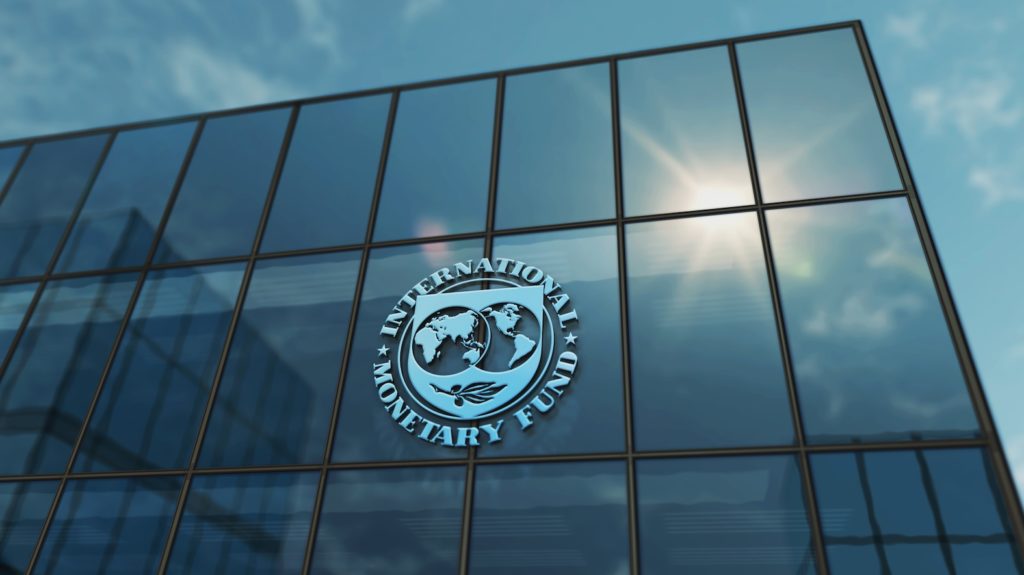As the International Monetary Fund (IMF) and the World Bank hold their Spring meeting, a leading Catholic international aid group says the world is sinking “deeper into a global sovereign debt crisis.”
The two leading groups are meeting in Washington, DC, from April 15-20.
Maria Finnerty, Economic Justice Policy Lead at CAFOD – the official aid agency of the Catholic Church in England and Wales – said the number of lower-income countries in crisis having more than doubled in under a decade.
“In the 80 years since the creation of the Bretton Woods Institutions, many countries remain stuck in a cycle of debt crisis and bailout: For Ghana and Sri Lanka, 2024 has seen them accept their 17th IMF bailout package,” she said.
On April 17, the IMF said at the conference that four years after the COVID-19 pandemic, public debts and deficits remain elevated.
Officials noted that after sharp declines in 2021 and 2022, public debt and deficits edged up in 2023, undermining momentum for their return to pre-pandemic levels.
“In fact, only half of the world’s economies tightened fiscal policy last year, down from 70 percent in 2022. As a result, global public debt edged up to 93 percent of GDP in 2023 and remained 9 percentage points above pre-pandemic levels,” said Vitor Gaspar, the Director of the IMF’s Fiscal Affairs Department.
He said moderate fiscal tightening is expected to resume this year, but significant uncertainty remains.
In 2024, a record number of countries, with more than half of the world’s population, are holding elections.
“Evidence shows that in election years, realized deficits are 0.4 percentage points of GDP higher than budgeted. Looking ahead, global public debt is projected to approach 100 percent of GDP by the end of the decade,” Gaspar said.
However, some critics point to IMF policies as hurting efforts to end the global economic crisis.
CAFOD argues it is time for countries like the United Kingdom to lead the way in forging a new approach that sets the global economy on a more stable path and puts an end to this debt crisis once and for all.
“The definition of madness is repeating the same action and expecting a different result,” Finnerty said.
“In some cases, IMF bailout packages come with conditions that stunt development and have devastating human consequences,” she said.
“In Sri Lanka, CAFOD partners report that the IMF is, quite literally, ‘turning off the lights on some of the most deprived communities’, after they recommended the government slash electricity subsidies for Sri Lankans living in poverty,” she said.
“The UK is a major IMF shareholder and should demand more humane policies, which protect lives and create a stable global economy,” Finnerty said.

